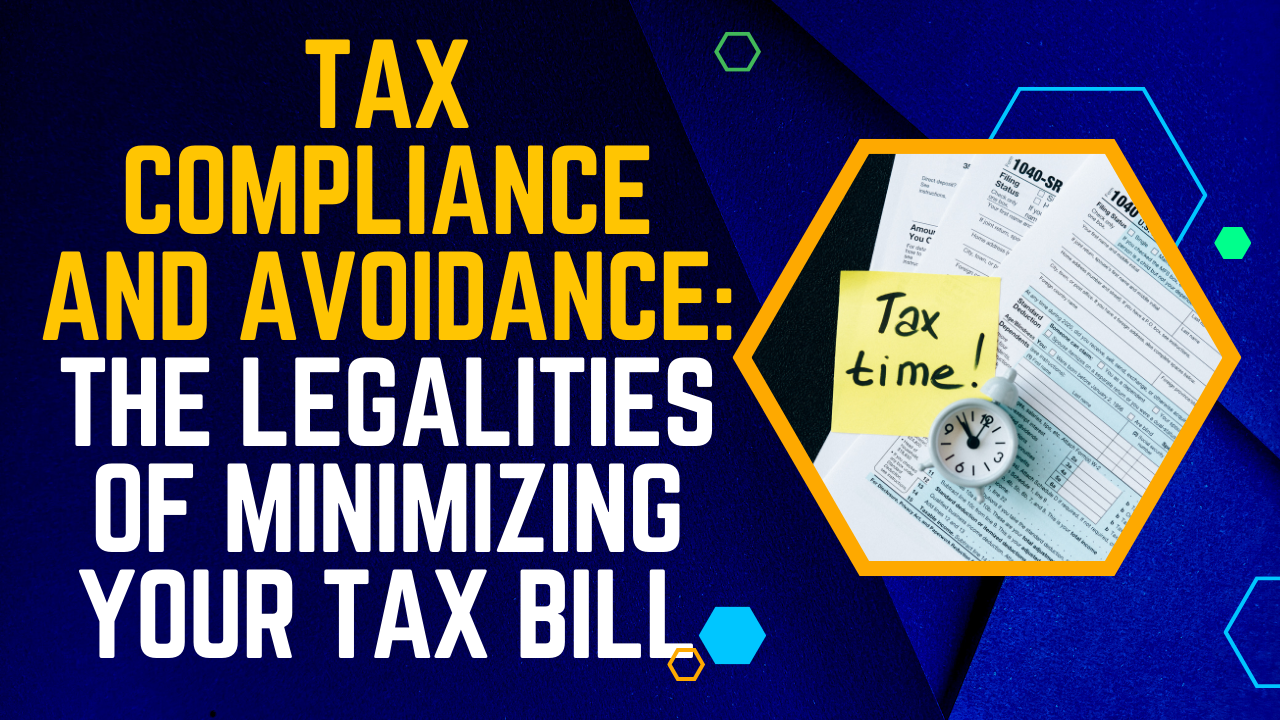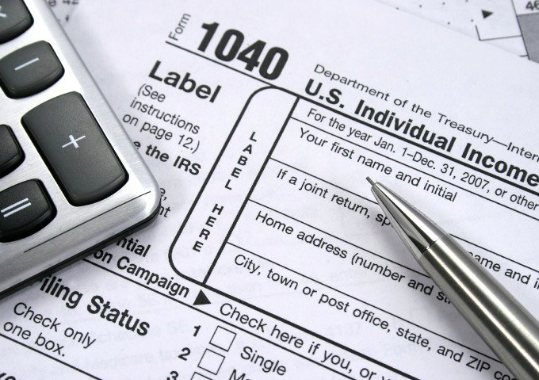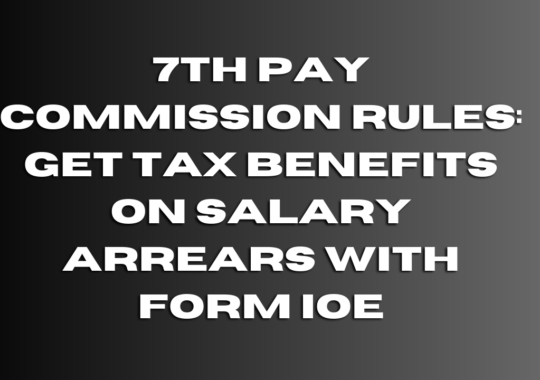Everyone desires to cut costs wherever possible, and taxes are an area where many individuals attempt to minimize expenses. Nevertheless, although there exist legal means of reducing your tax burden, it’s crucial to comprehend the distinction between tax compliance and tax avoidance.
Tax compliance refers to following the tax laws and regulations in your country or region, while tax avoidance involves taking advantage of legal loopholes or bending the rules to pay less in taxes. While tax compliance is required by law, tax avoidance can be seen as ethically questionable and may even lead to legal consequences.

What measures can you take to reduce your tax bill while maintaining tax compliance? This article delves into the legality of tax minimization and provides suggestions for conducting it in a responsible manner. Additionally, we’ll examine prevalent tax avoidance schemes to avoid and the potential dangers and ramifications of using them.
Whether you’re a freelancer, small business owner, or just an individual taxpayer, comprehending the intricacies of tax compliance and avoidance is essential for making informed financial decisions. Therefore, let’s delve into and investigate the legalities of minimizing your tax burden.
The Legalities of Tax Minimization
While reducing your tax bill is allowed, it’s critical to bear in mind some vital legal considerations, including:
- Tax Planning: Tax planning is a legitimate method of decreasing your tax liability by strategically making decisions about when and how to make purchases, investments, and donations. For instance, contributing to a tax-deductible retirement account or donating to a registered charity can reduce your taxable income and lower your tax bill.
- Tax Evasion: Tax evasion is illegal and involves deliberately not reporting or underreporting income, claiming false deductions, or failing to pay taxes owed. Such actions may result in significant fines, penalties, and even criminal charges.
- Tax Avoidance: Tax avoidance is the use of legal tax breaks and deductions to decrease your tax liability. Even though it’s legal, there are limitations to what you can do. Engaging in aggressive tax avoidance or using abusive tax shelters could lead to legal consequences.
Tips for Responsible Tax Minimization
Here are some tips for minimizing your tax bill in a responsible and legal way:
- Keep Accurate Records: Keeping accurate and detailed records of your income, expenses, and deductions can help ensure that you’re claiming everything you’re entitled to while also protecting you in case of an audit.
- Work with a Tax Professional: Working with a tax professional can help ensure that you’re taking advantage of all available tax breaks while also avoiding aggressive or abusive tax schemes.
- Stay Up-to-Date on Tax Laws: Tax laws and regulations can change frequently, so it’s important to stay up-to-date on any changes that could impact your tax situation.
- Avoid Aggressive Tax Avoidance Schemes: While some tax avoidance is legal and ethical, it’s important to avoid any schemes that seem too good to be true or that promise unrealistic tax savings.
Common Tax Avoidance Tactics to Avoid
While some tax avoidance is legal and ethical, there are some common tactics that can cross the line into tax evasion or aggressive tax avoidance:
- Underreporting Income: Failing to report all of your income, whether intentionally or unintentionally, can lead to serious legal consequences.
- Overstating Deductions: Claiming deductions that you’re not entitled to, or overstating the value of legitimate deductions, can also result in legal consequences.
- Using Abusive Tax Shelters: Abusive tax shelters, which are designed to exploit legal loopholes and take advantage of tax breaks in an unethical way, can result in hefty fines, penalties, and even criminal charges.
Also read:
Investment Taxation: Understanding Capital Gains, Dividends, and More
The Future of Taxation: Trends, Challenges, and Opportunities Ahead
The Taxation of Cryptocurrency: What You Need to Know
Tax Planning Strategies for Small Business Owners and Individuals
FAQs
Can I legally lower my tax bill?
Yes, it’s legal to lower your tax bill by utilizing legal tax breaks and deductions. However, it’s crucial to be responsible and comply with tax regulations while doing so.
What is the difference between tax compliance and tax avoidance?
Tax compliance involves following the tax laws and regulations in your country or region, while tax avoidance involves taking advantage of legal loopholes or bending the rules to pay less in taxes.
Is tax avoidance illegal?
Tax avoidance is not illegal, as long as you’re using legal tax breaks and deductions to minimize your tax bill. However, engaging in aggressive tax avoidance or using abusive tax shelters can lead to legal consequences.
What is tax evasion?
Tax evasion involves intentionally not reporting or underreporting income, claiming false deductions, or failing to pay taxes owed. Tax evasion is illegal and can result in hefty fines, penalties, and even criminal charges.
What are some lawful approaches to decrease my tax bill?
There are various legitimate methods to lower your tax liability, such as contributing to a retirement account that allows tax deductions, making charitable donations, and using eligible tax breaks and deductions. Nevertheless, it’s important to seek guidance from a tax expert and stay updated on tax regulations and laws.
What are some common tax avoidance tactics to avoid?
Some common tax avoidance tactics to avoid include underreporting income, overstating deductions, and using abusive tax shelters. These tactics can cross the line into tax evasion or aggressive tax avoidance and can result in legal consequences.
Should I hire a tax professional to help me minimize my tax bill?
Working with a tax professional can be a good idea if you’re looking to minimize your tax bill in a legal and responsible way. A tax professional can help ensure that you’re taking advantage of all available tax breaks while also avoiding aggressive or abusive tax schemes.
Conclusion
To summarize, reducing your tax bill through legal means is a valid way to save money, but it’s crucial to do it responsibly and in compliance with tax regulations. Keeping precise records, seeking advice from a tax professional, staying informed about tax laws, and avoiding aggressive tax avoidance schemes are some ways to minimize your tax bill while also maintaining legal integrity.



